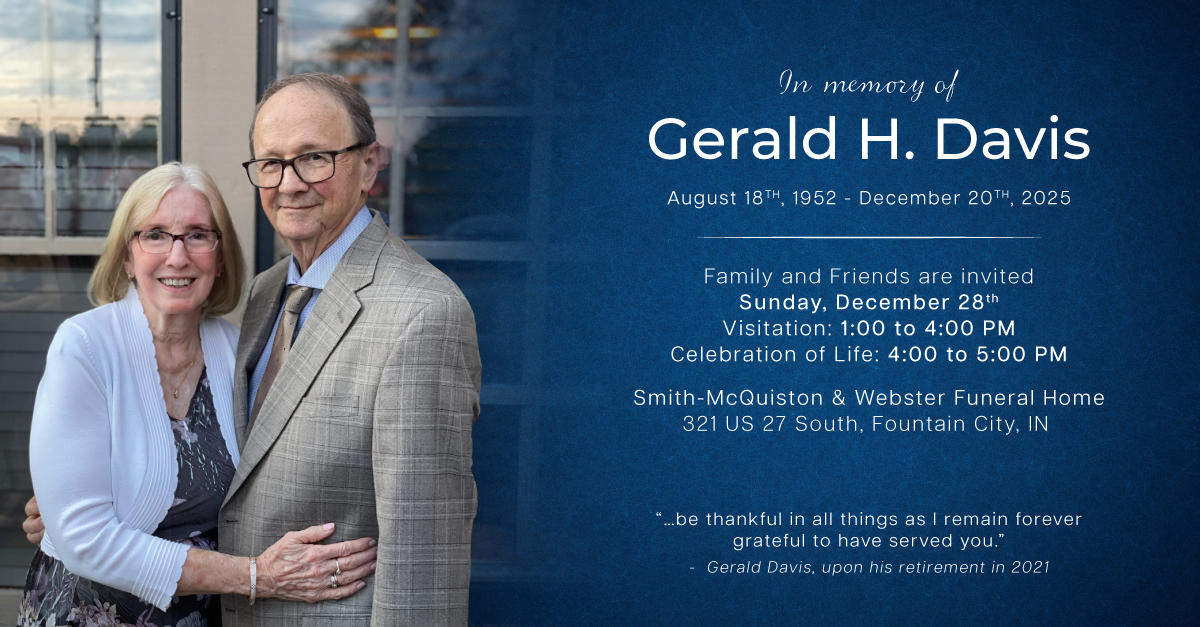Australian Funeral Directors Getting Bad Name Because of Amateurs?
 IT IS the $1 billion-a-year industry where business is guaranteed never to dry up.
IT IS the $1 billion-a-year industry where business is guaranteed never to dry up.
But scratch beneath the compassionate mission statements and carefully worded slogans used by those in the lucrative funeral industry and a troubling state of affairs becomes apparent.
And it is those within the industry exposing the problems, ranging from a complete lack of regulation allowing untrained amateurs to handle corpses to claims of “unsavoury” business tactics and overpricing.
Some of Queensland’s biggest operators have spoken out about the rise of lounge room-based funeral directors starting up with only a “mobile phone and briefcase” offering cut-price funerals for $3000.
One small family owned funeral business owner described the makeshift mortuaries used by some operators ? usually a refrigerated unit inside a small shed ? as “holding pens”. The business owner said they did not come close to the standard of a purpose-built mortuary attached to a funeral home.
The absence of health and safety checks on privately run mortuaries is just one concern for the Australian Funeral Directors Association.
It has called for government regulation of the industry.
“The general public could assume the funeral industry is already regulated with standards, legislative requirements and a code of conduct, however it is not,” state president Rowan Steer said.
“Given the size of the state of Queensland together with the climatic conditions, it is one of the many reasons why there should be regulations that would include the transportation and storage of a deceased,” he said.
In Queensland, funeral directors do not need mandatory training or accreditation to begin work.“If you want to do it (become a funeral director), there is nothing to stop you registering a business and putting a sign on your front door,” Ms Zagdanski said.
Despite a 2005 report recommending changes, no action has been taken by the State Government. The handling and storage of bodies also remains unregulated, with no licensing system in place.
But some funeral directors have seen the AFDA’s call for regulation as an attack on competition.
Funeral director Michael Hutchinson, who has worked in the industry for 40 years, believes the push towards regulation will only reduce industry competition by driving up costs for small operators.
Mr Hutchinson said there was nothing to suggest small home-based operators were any less caring than the bigger firms.
Funeral director Richard Leckey from Toowoomba Funerals agreed, saying families were signing up for funerals that could top $10,000 because they had been persuaded into thinking it was the norm.
Queenslanders today pay an average of about $8500 for a burial and $5000 for a cremation.
But the price can soar if families choose a more glamorous end for loved ones, complete with a fancy coffin and flowers.
Mr Leckey, who offers burials for $6500 and a cremation for $4500, said funerals could be offered for far less money.
“There are a few things that go on in the industry that are not very savoury,” Mr Leckey said.
“It is an intimidation thing, but it is also a guilt complex that if you don’t spend with the big company, what will people think?” he said.
“We can do it for less than that, but people think they have to pay big bucks for funerals.”
In his 2007 book on the industry, Funeral Rights, author Robert Larkins claims coffins can be marked up from 250-500 per cent, with grieving families often shown the most expensive range first.
Mr Leckey has also alleged “unsavoury” practices in the industry.
Such practices included the use of “spotters” to direct business to different funeral directors for a secret commission.
Mr Leckey claimed nursing home workers were involved.
Funeral directors will also try to create goodwill with aged homes by building parks for the elderly and funding their parties, he said.v
Another business tactic is to register multiple business names to give the appearance of being the “local” funeral firm, or appeal to a different market, investigations by The Sunday Mail found.
But funeral directors such as Invocare Queensland general manager Doris Zagdanski say the biggest cost of a funeral is in fees that funeral directors have no control over, such as buying a grave site.
She said of a $5000 to $7000 funeral bill, much of the money would be absorbed by costs to funeral directors, including the death notice ($150 to $250), coffin ($600 to $3000) and grave site (up to $3000).
There were also the rising burial plot costs to consider, with the move towards cost recovery by councils also a factor.
Gold Coast City Council has just increased its price for a first internment from $1900 to $3500.
Mr Steer rejected the claim the fight for industry regulation was about cutting competition, saying as a medium-sized, independent operator his aim was to improve the standard of service not raise customer costs.
The making of today’s funeral industry has its foundations in the entry of some of the biggest funeral companies in the world ? based in the US ? into the Australian market in the 1990s.
It was then that two US companies ? Service Corporation International and Stewart Enterprises ? were to begin their Australian shopping spree, taking over a raft of mainly city based funeral companies.
The experiment was shortlived, with the companies withdrawing from the market a decade later.
But while the US giants might have retreated, “the repercussions of their takeovers and the corporate culture that they introduced continued to have far-reaching influence on the local industry”, Mr Larkins writes.
“Since this concentration has occurred, prices of funerals have increased,” he states in Funeral Rights.
He cites copies of training manuals as evidence of the rise of merchandising by funeral directors, who are trained to act as salesmen to softly encourage mourners to “value-add” and choose the best products.
At the exit of the Americans, the US interests were snapped up by Bledisloe Holdings and Invocare.
Invocare became Australia’s biggest funeral company and owner of brands including White Lady Funerals, Blackwell, Guardian, George Hartnett, Le Pine, Purslowe and Simplicity, as well as three Queensland crematoria.
But it is the lack of regulation that many funeral directors say is at the core of the industry’s troubles.
Ms Zagdanski said while she and other AFDA members were adhering to the highest standards as a condition of membership, others were able to set up operation without even a basic office, training or experience.
“If you want to do it (become a funeral director), there is nothing to stop you registering a business and putting a sign on your front door,” Ms Zagdanski said.
Since July 2005, the state’s Fair Trading Office has received 13 complaints about the industry, including nine about funeral plans and four about the conduct of funeral directors.
But the AFDA believes many grieving families are too racked by grief to bother to make a formal complaint.
One Canadian funeral director who worked in Victoria until 2006, Karyn Campbell, said the lack of safeguards in the Australian industry came to her as a shock.
Coming from a country with some of the toughest regulations, she said she witnessed horrific practices during her time, but stressed it was not at the hands of her employer.
“I saw unqualified people handling and transferring human remains with total lack of respect,” she told The Sunday Mail.
“I know of bodies that were mistakenly switched and cremated when they should have been buried, and buried when they should have been cremated.
“It is one thing if you’re a mechanic and you want to fix cars in your garage, but storing and preparing human remains?
“Australian families have no place to turn to when they run into problems,” she said.
Another woman, from Queensland, told The Sunday Mail she complained to the state’s Office of Fair Trading after being told by a funeral director in 2007 that her late mother’s jaw had been broken to fit in her dentures.
Despite her complaint, she said nothing could be done, with the company not a member of any association.
She blames the State Government for not protecting grieving families by its failure to govern the industry.
A 2005 paper by the Queensland University of Technology for the Funeral Industry Regulation Working Party, which was set up by the Queensland Government, revealed serious problems in the industry.
It recommended funeral directors be licensed by Fair Trading, a code of conduct and complaints process set up, the handling of bodies with infectious diseases regulated and mortuaries audited.
The report found Queensland laws did not address public safety issues on the transportation, display and disposal of dead bodies carrying infectious diseases.
State Attorney General Cameron Dick said he had asked for a comprehensive briefing on the report and would meet with the AFDA to hear its concerns.
Metropolitan Funerals will hold a forum on the funeral industry at its Newnham Rd, Mt Gravatt, location on Friday, which will be attended by a panel of industry representatives to take questions from the public.
Source: Couriermail.com.au




